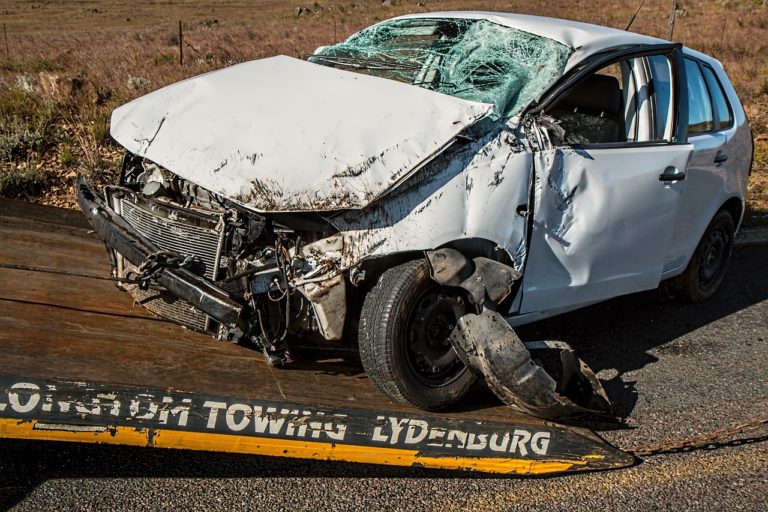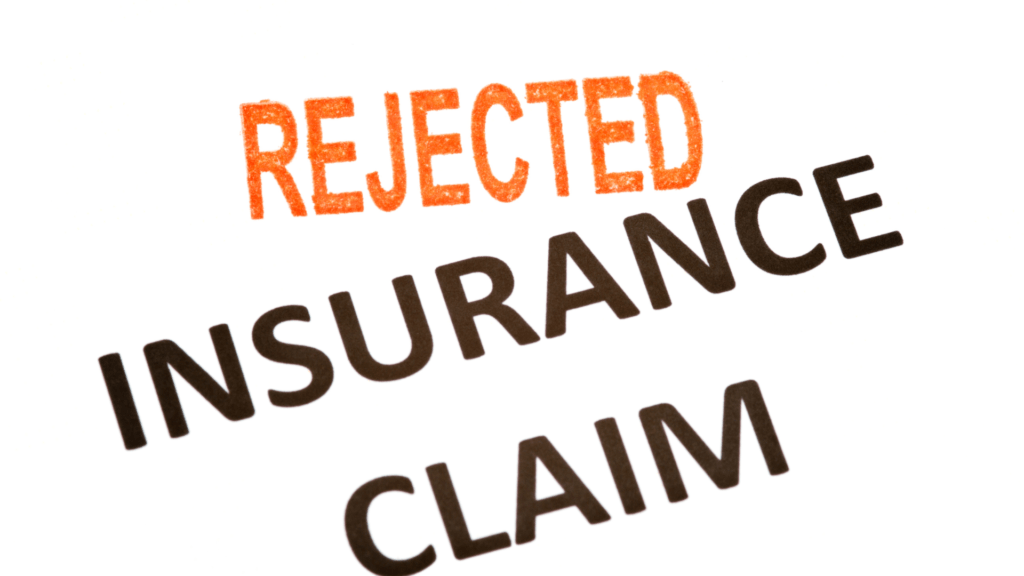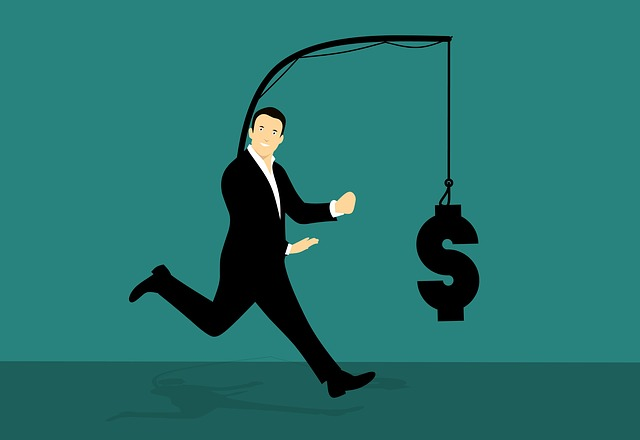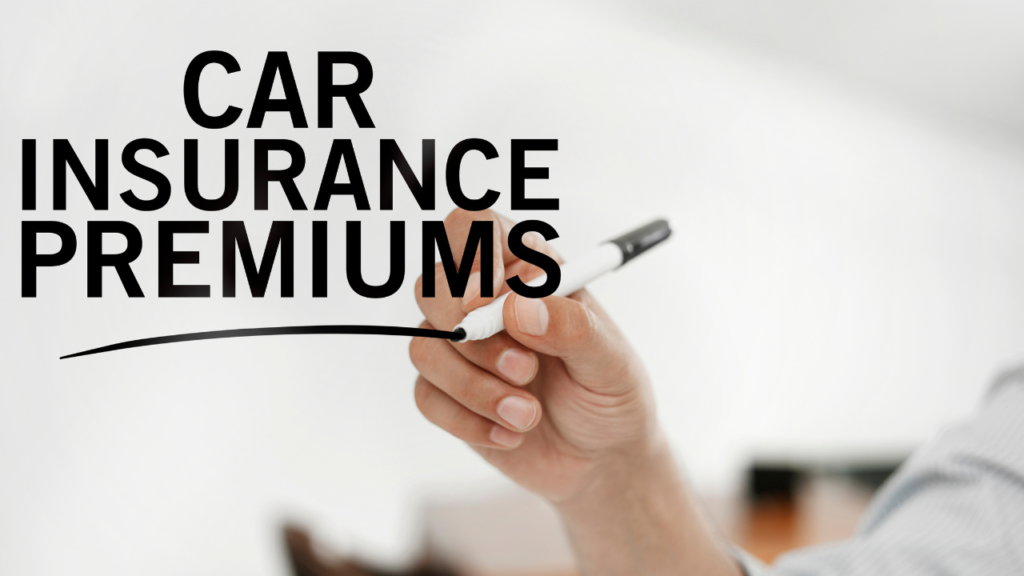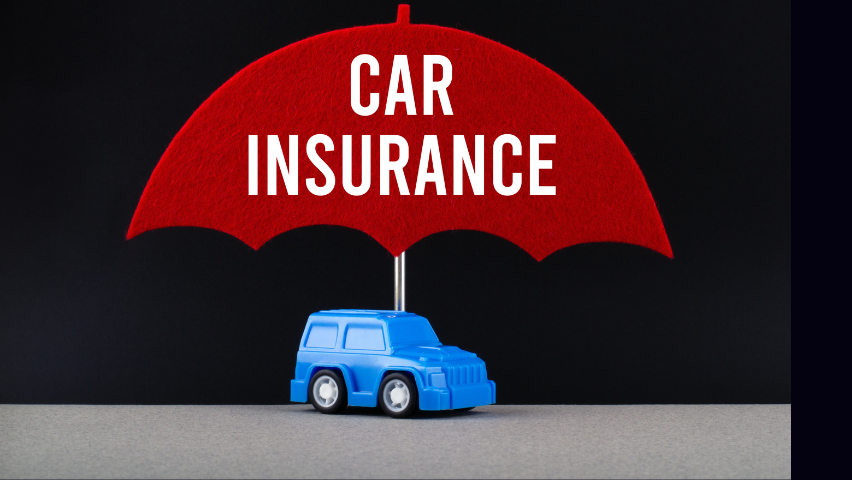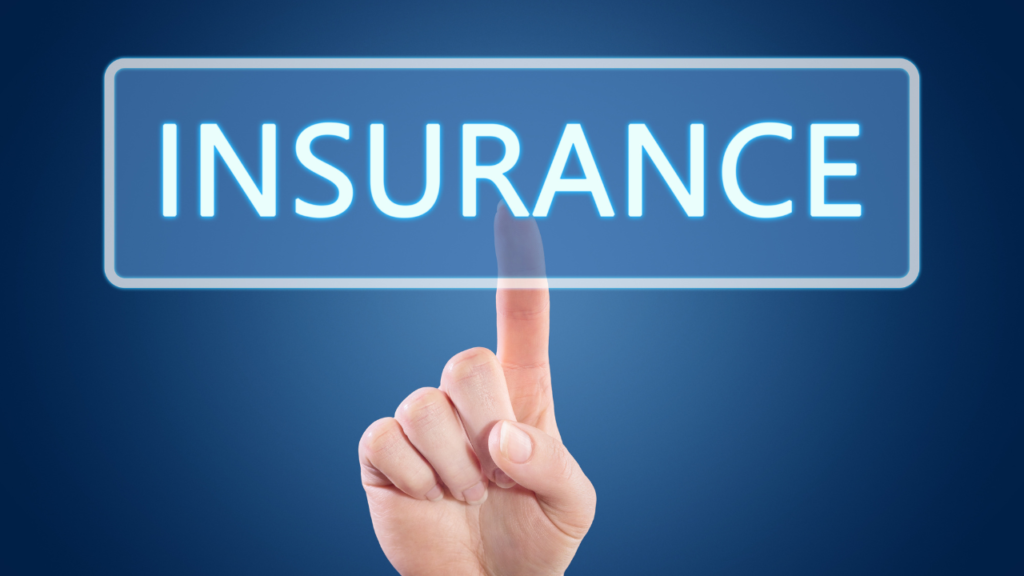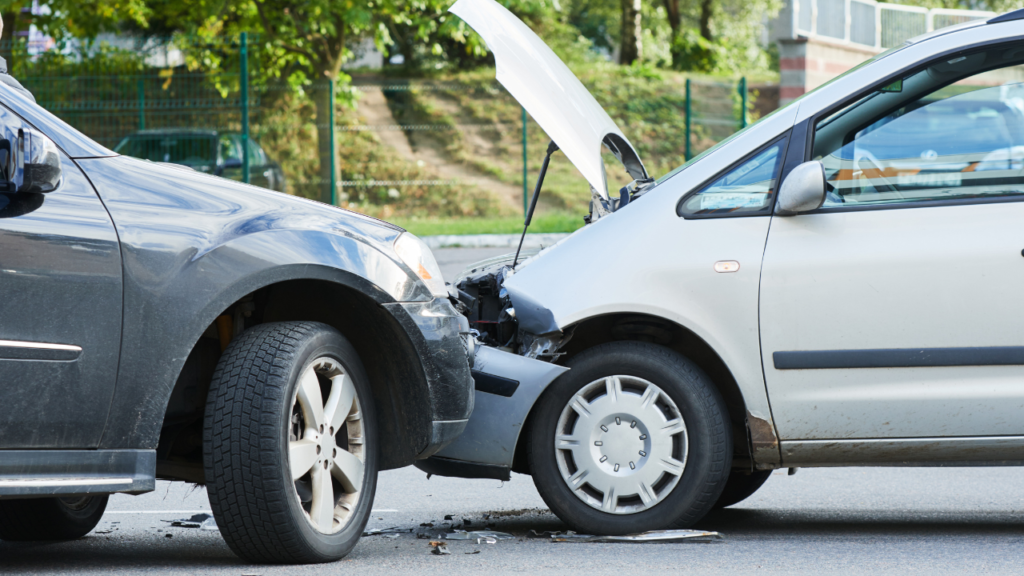According to the federal vehicle safety watchdog, it is estimated that more than 42,915 people died in auto accidents last year. These deaths included motorcyclists, pedestrians and others that were travelling in the cars.
In the USA, it is estimated that the cost of car accidents is $871 billion every year. One of the ways to escape financial losses arising from car accidents is by buying auto car insurance.
This article covers:
Page Contents
Car insurance deductible - What is a deductible?
The term deductible is common in health insurance. A deductible is an amount you pay against your covered insurance policy before the company steps in to cover the rest bills. If your bills are worth $4000 with a deductible of $1000 in your policy plan, your company pays $3000 whereas you pay $1000.
When do you pay the deductible for car insurance?
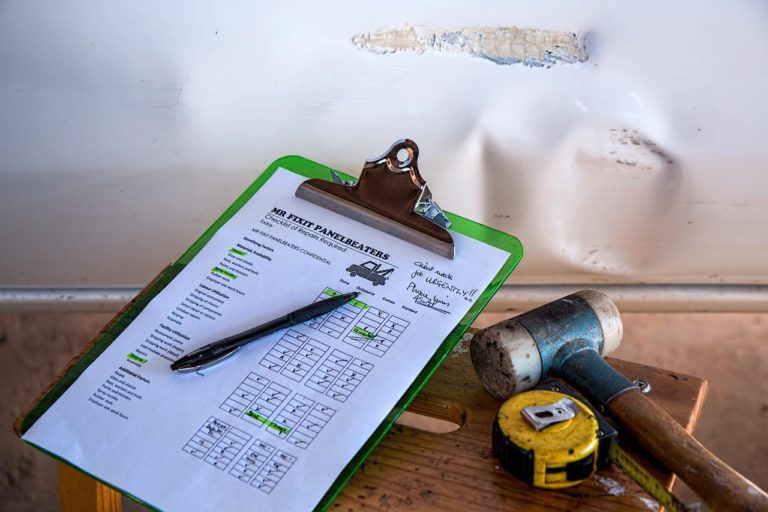
Some car insurance policies carry a deductible while others do not. You should ask your auto insurance company if the policy you intend to buy carries a deductible or not, or else things are likely to catch you off guard. You will pay the deductible for car insurance following a claim against your coverage that carries a deductible.
For instance, if you carry $500 on your $10000 collision coverage, your company pays $9500 and you the insured pay $500 either towards costs to repair your car, or actual cash value in case your car is totaled. So you basically pay your deductible if file a claim in a car accident or any loss like theft of your car.
How to get car insurance deductible waiver?
Yes, you can get or purchase a waiver add-on in your insurance policy. Getting a deductible waiver depends on the state you live in, type of insurance coverage, being the at-fault driver on not, and type of car accident you had.
I only know 2 insurance coverages that make it possible for you to get a deductible waiver. These are uninsured motorists and collision coverage. I am not sure of comprehensive coverage but very sure you won’t get a deductible waiver with a liability car insurance policy.
In collision policy, you will ask your company if you could purchase this extra add-on to waive off your deductible after a collision accident. But, this extra add-on is always available at the expense of increased monthly premiums.
Some companies waive off your deductible if you are deemed 50% or less at fault in the car accident. Some companies will waive it off if both you and the other driver are under the same insurance company, or if you are hit by an underinsured motorist. You may also qualify for a deductible waiver if you only need to replace your broken glasses.
Do I pay my deductible to the body shop?
Yes. since a deductible is the amount of money you pay out of your savings before your company covers the rest of the losses, yes you will pay your deductible to the body shop if your car is for repairs. Should your car get totaled, you will add the deductible to the actual cash value gotten from your insurance company in case you want to buy another car.
Some companies require you to pay your deductible upfront first while others do not care if you pay the deductible first or not. I recommend you inquire from your insurance broker or call your company and ask what they expect from you.
$500 deductible car insurance meaning?
Collision coverage, uninsured motorist and comprehensive car insurance coverages require you to choose a deductible. If your car is totaled or taken to a body shop for repairs, you will be asked to pay the deductible and your company pays the rest of the repair costs up to the limit of your policy.
An example, if your collision coverage has $500 and the cost to repair your car is estimated at $4000, your insurance company pays $3500 while you pay the rest. You should choose your deductible well knowing it is affordable to you should you get involved in a car accident or other losses.
Which deductible is best for car insurance?
In my own opinion, you should choose your deductible in the range of $250 to $1000, but of course, this depends on how strong financially you are. If you asked me for my final say, I would tell you to go for a $1000 deductible. Increasing your $500 to $1000 offers you the best savings on the monthly insurance payments than bumping the $1000 deductible up to $2000.
My advice is that, choose any deductible of your choice well knowing you will contribute exactly that money towards the repair or replacement of your damaged or totalled vehicle. Some states require you to pay a certain minimum deductible and if you leased or financed your car, be sure to choose a deductible as a must.
What should the deductible be for comprehensive?
Compared to collision insurance coverages, comprehensive insurance policies have fewer claims. According to bankrate.com, the standard deductible you should opt for should be between 100 to 300. This implies that buying comprehensive coverage is cheaper compared to buying a collision insurance policy.
What is the best collision deductible?
According to carinsurance.com, the best collision deductible should be $500 or more unless you have enough income to pay higher monthly premiums. Every insurance company pays up to the limit of your policy. If you buy a $350 monthly insurance for a $4000 limit, be assured your company won’t pay a fee much more than your policy limit. you will pay from your pockets if it costs more than $4000 to repair your car.
For example, if the estimated costs of your car repairs are $6000, your insurance company pays your policy limit of $4000 less by your $500 deductible and you the insured tops it up to make $6000. This is a reason I encourage you to buy as much auto insurance depending on your needs. Do not just go for the minimum required coverage unless your economic situation warrants so.
Uninsured motorist coverage deductible
No deductible is attached to uninsured/underinsured motorist coverage. Just like other deductible-required coverage policies, you need to choose a certain amount as your deductible. In my previous posts, I told you that more than 14% of the drivers in the USA carry either no insurance or are underinsured.
This means you are likely to be hit by such drivers a reason you should seriously consider buying this policy. For uninsured/underinsured motorist policy, I recommend a deductible of up to $300. But, budgets and financial status is different and we also have different insurance needs. Choose what suits you.
What if the damage is less than the deductible?
Your company steps in to cover any losses that go beyond your deductible in costs. For instance, if your deductible is $1000 and it costs more than $1000 to repair your car.
If you are not at fault in the accident, the other driver’s insurance company pays for the repairs of your car so no need to worry. If the damage costs are less than your deductible, paying for such costs from your pockets saves the company from small claims, and helps by not raising your insurance quotations on your next renewal. Any past claims are more likely to raise your insurance premiums.
Is it better to have a 500 deductible or 1000?
Your comprehensive or collision price quotations also depend on how much you are choosing as a deductible. High deductible amounts imply less monthly payments and the reverse is true for lower deductibles. So a $1000 deductible is better than $500.
Choosing a high deductible implies cheaper monthly payments but you need to save enough emergency money because you will pay much more money out of your pocket in case of an accident. A low deductible implies a higher insurance price.
Do you have to pay your deductible if you're not at fault?
Yes and no. if you are not at fault but the other driver has no insurance or has insufficient coverage for your losses, you will be forced to claim against your collision or uninsured/underinsured motorist coverage. You will be required to pay your deductible in this situation.
If you are not at fault, you will claim against the other driver’s liability coverage hence no need to pay any deductible. Medical insurance coverage sometimes carries a deductible too. You may or may not pay your deductible but this depends on many situations fewer I explained above.
Do you pay a deductible if you hit another car?
Yes and no. if you are at fault, the other driver will claim against your liability coverage and therefore you will not be asked to pay your deductible. But, if your car is damaged in the same accident, you will claim from your collision coverage and here you pay your deductible.
If you are not at fault in the accident, you are covered by the other driver’s liability coverage and so no need to pay any deductible.
Can I change my deductible?
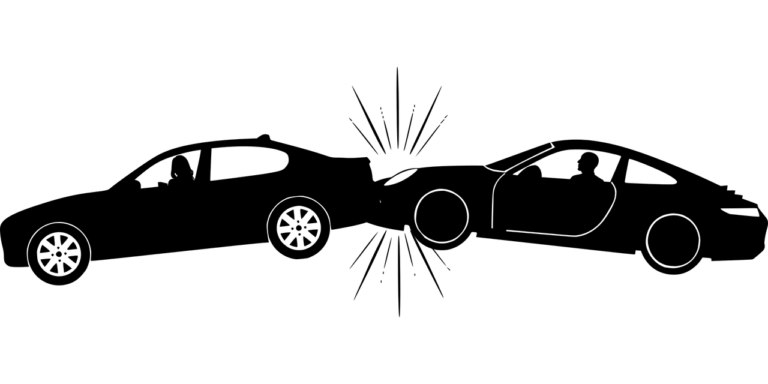
Let’s say driver A has a $4000 collision coverage with a $1000 deductible and another driver B has the same coverage with $500 as a deductible. If both drivers are involved in similar car accidents, driver A pays $1000 (deductible) for his car repairs while Driver B pays only $500.
The only difference is that, though driver B paid less in deductibles the premiums he’s been paying are way higher than driver A. So the choice is yours to choose what suits your style.
Yes, you can change your deductible once your car claim is settled or you can decide to shop around for better companies with better policies. The bird is in your hands! Go notify your company of a need for policy adjustments.
What happens if you lower your deductible?
In case of a car accident, you will pay less amount as your deductible if you chose a small deductible in your policy. But, monthly premiums will be much higher. If this serves you right, no complaints, go get it.
What happens if I raise my deductible?
Raising your deductible lowers your monthly insurance premiums. If you do not get into any car accidents, this becomes a bonus because your average monthly premiums are lower. If you get involved in a car accident and decided to make claims, what you pay out of your pockets is much money and here, you could suffer unless you have good savings.
What should I set my deductible at?
There is no bad or good deductible for you as long as you chose a figure depending on how prepared you are.
The figure you chose should be guided by the following.
- Do you have enough savings such that you are capable of paying your large deductible out of your pockets?
- Is your monthly income big enough to cover higher monthly insurance prices if you decided to go with a small deductible?
As I said you should always aim at setting your deductible between $300 to $1000. In my opinion, raising your deductible beyond $1000 has no significant advantages. Again it’s your choice.
Can I change my deductible after an accident?
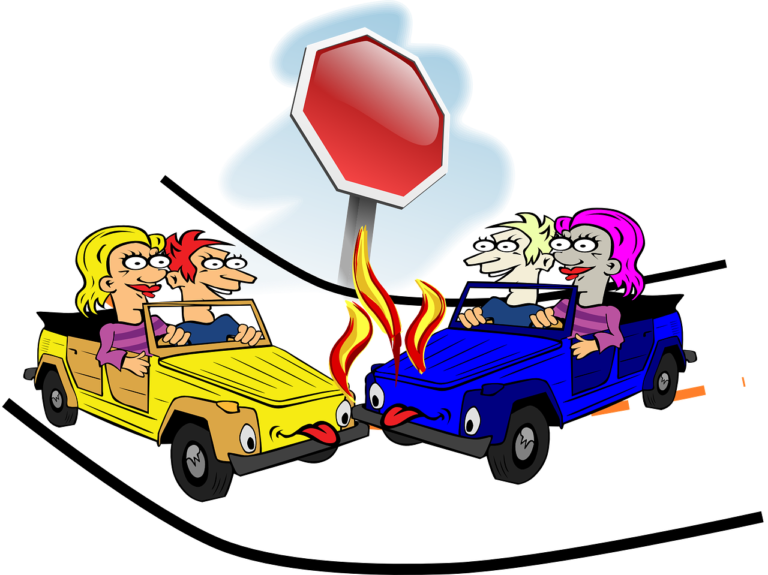
Getting involved in accidents and subsequent claims are factors why your insurance price quotations go higher. One of the proven ways of lowering your insurance premiums is by choosing a high deductible. But, Can you change your deductible after an accident? The answer is yes but you will do it either after the settlement of the claim or after the expiration of the current policy.
Because your premiums are likely to be higher due to the tarnished driving records, I recommend you shop around for insurance quote comparisons. Some companies are lenient and do not raise your premium after the first accident while others will raise it even after a single ticket.
Do not stick around one expensive company when few clicks could land you are a fairly cheaper company with fairer customer care services.
How to avoid paying a car insurance deductible?
I said earlier that some auto insurance policies carry deductibles while others do not. Depending on where you come from, your state probably also sets up how much you should carry as your minimum.
Ways you could avoid paying a car insurance deductible include;
- Drive responsibly. If you get into accidents and subsequently file a claim against collision or comprehensive coverage, you will be asked to pay your deductible.
- Negotiate with your body shop. Your shop could be making lots of money from selling spare parts or repairs such that they may be willing to drop your deductible. Though this has to be genuine otherwise it is illegal to cheat insurance.
- Accept body shops recommended by our insurance company. sometimes your insurance could decide to pardon you.
- Do not file a claim till you have enough money to pay as a deductible.
- Negotiate with your body shop to let you pay in installments. Ask the manager if you can pay later over some time after your car repair.
- Drop off policies that carry deductibles. For instance, it’s optional to buy comprehensive or collision coverages.
- Ask for a collision deductible waiver add-on. Though you pay extra cents for the add-ons, you will not be asked to pay a deductible should you file a claim.
- Check with your company if it is possible not to pay your deductible up front. If it costs $5000 to repair your car but your policy carries a $1000 deductible. Some companies ask you to produce $1000 first, and others do not care and will issue a check worth $4000 and leave you to do things your way.
How does collision deductible work?
Collision policy covers damages done to your car in a car crash irrespective of whether you are at fault or not. After an accident, you are responsible for paying your deductible towards repairs or towards the actual cash value in case your car is totalled.
Your insurance company will step in to pay the remaining costs up to the limit of your policy. You typically pay your deductible if you file a claim against coverage that carries a deductible, collision and comprehensive being examples. A liability insurance policy carries no deductibles.
Is a $3000 deductible high?
For people who are financially strong and can afford to pay large sums of money towards repair or replacement of their vehicles, a $3000 deductible is ok and good. Raising to a certain higher amount of deductibles significantly lowers your monthly premiums.
If are the guy with the best driving history records or if you do not get any accidents, it’s going to be massive savings because you paid little amount as premiums. I have seen many websites recommending a deductible between $300 to $1400. I recommend you chose any figure you are comfortable paying in case of a car accident.

